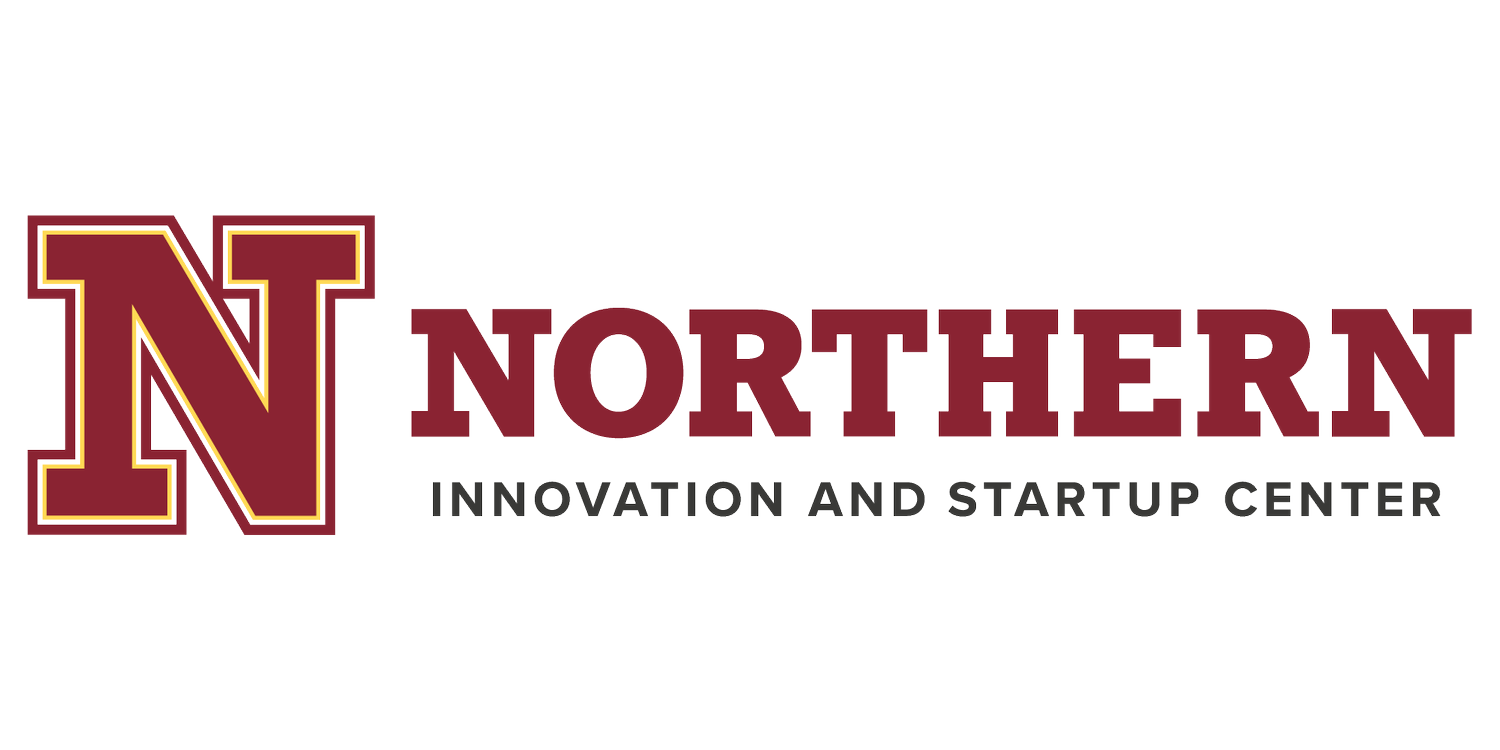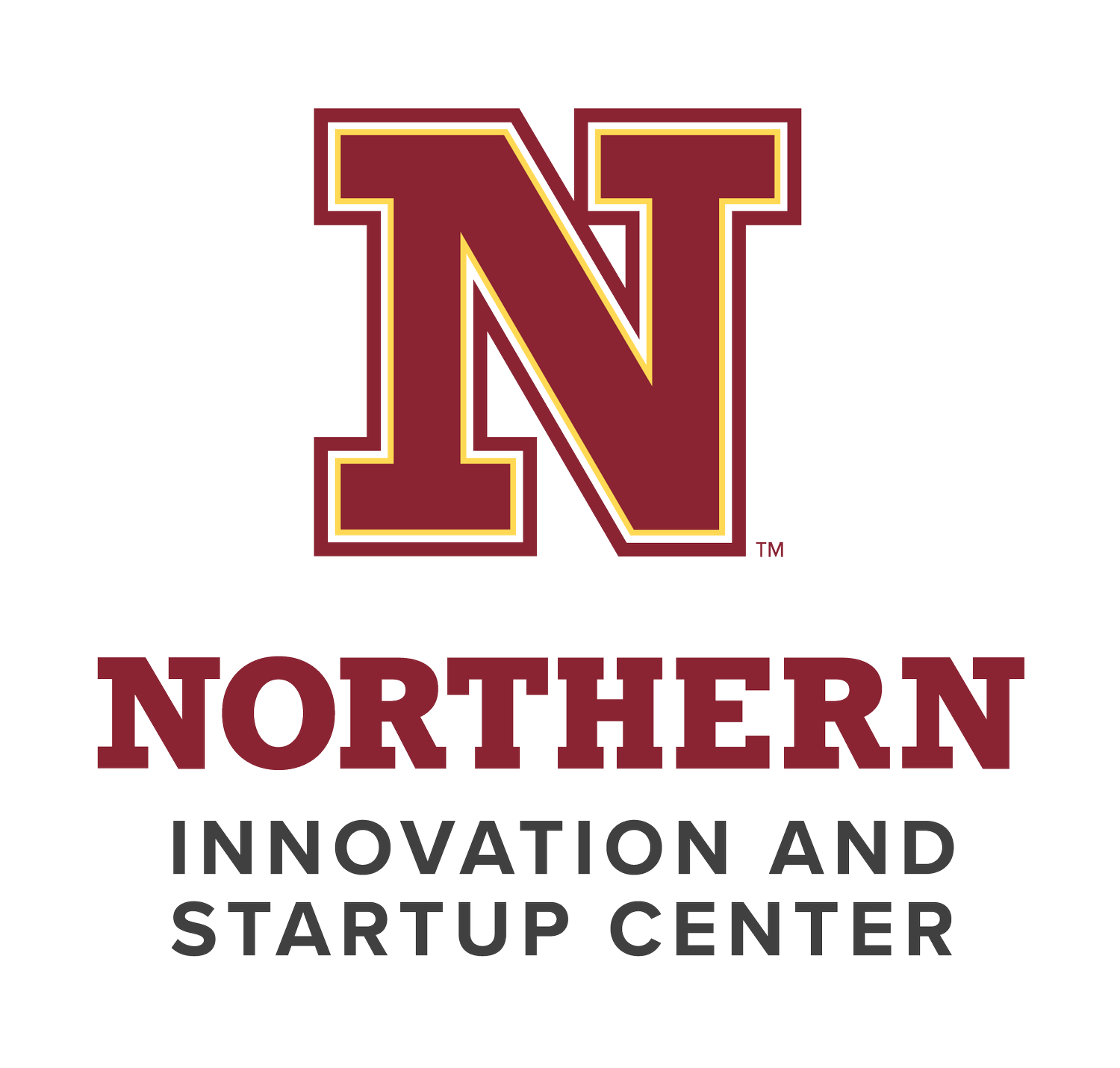Kelly Weaver
I had the opportunity to sit down with Kelly Weaver, the regional director of the Small Business Development Center (SBDC) and talk about how her career has grown into what it is today—and where it all began. Born and raised in southeast South Dakota, Kelly moved to Aberdeen to attend Northern State University, where she pursued a degree in business with a finance emphasis and a minor in economics. After graduation, Kelly worked with the Northeast Council of Governments (NECOG) doing regional planning and economic development work.
When NECOG began hosting the SBDC in 1998, Kelly’s role shifted to working directly with entrepreneurs. She became a guide for people navigating the uncertain world of business ownership, offering:
One-on-one consulting—free and confidential
Financial planning and forecasting to help business owners secure funding
Business plan development, giving clients a solid foundation for success
Over the years, she has met with over 1,500 entrepreneurs, helping them buy businesses, sell businesses, or build something entirely new. Some came in with bold ideas; others weren’t sure where to start. Either way, Kelly sat down with them—over the phone, over email, or in person—and helped them find a path forward.
If you haven’t heard Kelly’s name in connection with the SBDC, then you’ve probably heard it linked to BIG Idea—a business idea competition for high school students.
So why BIG Idea? How did it start, and what does it mean to Kelly? In 2007, Kelly and a group of community leaders saw an opportunity: a business competition designed to inspire the next generation of entrepreneurs. The goal was simple, as stated in the BIG Idea Mission – to promote, spur creative thinking, and encourage students to start a business. When the initiative needed a leader to move it forward, Kelly stepped up.
In its early days, the BIG Idea Competition was small—just 100 entries from 10 schools in Northeast South Dakota. But the Committee saw its potential. They knew that if students could view entrepreneurship as a real, tangible path, they might start believing in their ability to create something meaningful in their communities. Today, it consistently draws students from 30 to 40 schools each year, including participants from outside South Dakota. For Kelly, BIG Idea is about more than just a competition—it’s about shifting how students see their future. Too often, young people in rural communities grow up believing that success means leaving for a bigger city or a different state. Kelly wants them to realize that success can start right where they are. BIG Idea challenges them to look at their own communities, recognize opportunities, and imagine ways to make a difference.
After speaking with numerous small business owners, one theme stood out: many credit their success to Aberdeen and the strong support system it offers entrepreneurs. Naturally, I asked Kelly for her thoughts—and she couldn’t agree more.
She believes one of the biggest advantages of starting a business in a small town is the way it nurtures growth. Working with the Small Business Development Center, she has seen firsthand how Aberdeen’s entrepreneurial ecosystem thrives on collaboration. Organizations don’t operate in silos—they support each other. The SBDC has a strong, mutually beneficial relationship with groups like the Northern Innovation and Startup Center, where Kelly has led multiple workshops to equip business owners with the tools they need to succeed.
But for Kelly, the real strength of a small town isn’t just in the resources—it’s in the relationships. Success often comes down to knowing who to call, where to turn, and having a network that genuinely wants to see you thrive. “It’s big enough to have all you need but small enough to make a difference,” she says. After working with more than 1,500 clients over the past 20 years, Kelly has seen firsthand the challenges that come with starting and growing a business. So, what’s the most common struggle she sees? And more importantly, how do entrepreneurs overcome it?
The biggest hurdle for many small business owners is securing capital. Navigating the financial side of a business—understanding funding options, managing cash flow, and making informed financial decisions—can feel overwhelming.
Her advice?
Know your resources. Many entrepreneurs don’t realize the range of grants, loans, and financial programs available to support small businesses. Taking the time to research and leverage these opportunities can make all the difference.
Seek an outside perspective. Having an independent third party—like the SBDC—review financial projections and business plans can be invaluable. Many small business owners assume certain details are obvious, but no one understands their business as well as they do. The key is learning how to communicate their vision effectively to investors, lenders, and stakeholders.
Be patient. Success doesn’t happen overnight. Building a business takes time, persistence, and a willingness to adapt.
Throughout this interview, one word kept coming up: support. And for Kelly, that’s exactly what has shaped her success. “We need a support system. We need our village to encourage us, to be spaces where we can recharge so that we can pour into others,” she says.
Her career has been demanding, but she’s learned how to manage it without letting work consume her. Over the years, she has mastered time management and compartmentalization, ensuring that when she steps away, she truly steps away.
And when she needs a break? You won’t find her buried in emails—you’ll find her on the trails. Kelly is the President of the South Dakota Snowmobile Association, and when conditions are right, she’s out riding, taking in the crisp air and the thrill of the sport.
For those looking to start a business, buy a business, or even just figure out their next step, Kelly wants them to know this: they don’t have to do it alone.
South Dakota is full of organizations ready to help—the SBDC, the Chamber, GROW South Dakota, NECOG, the Northern Innovation and Startup Center and so many others. The privilege of working in a small but connected community is that no one is left without guidance. If one group can’t help, they will point you to someone who can.
“Leverage every resource available. Seek guidance. Stay persistent. Success is possible—right here in South Dakota.”






